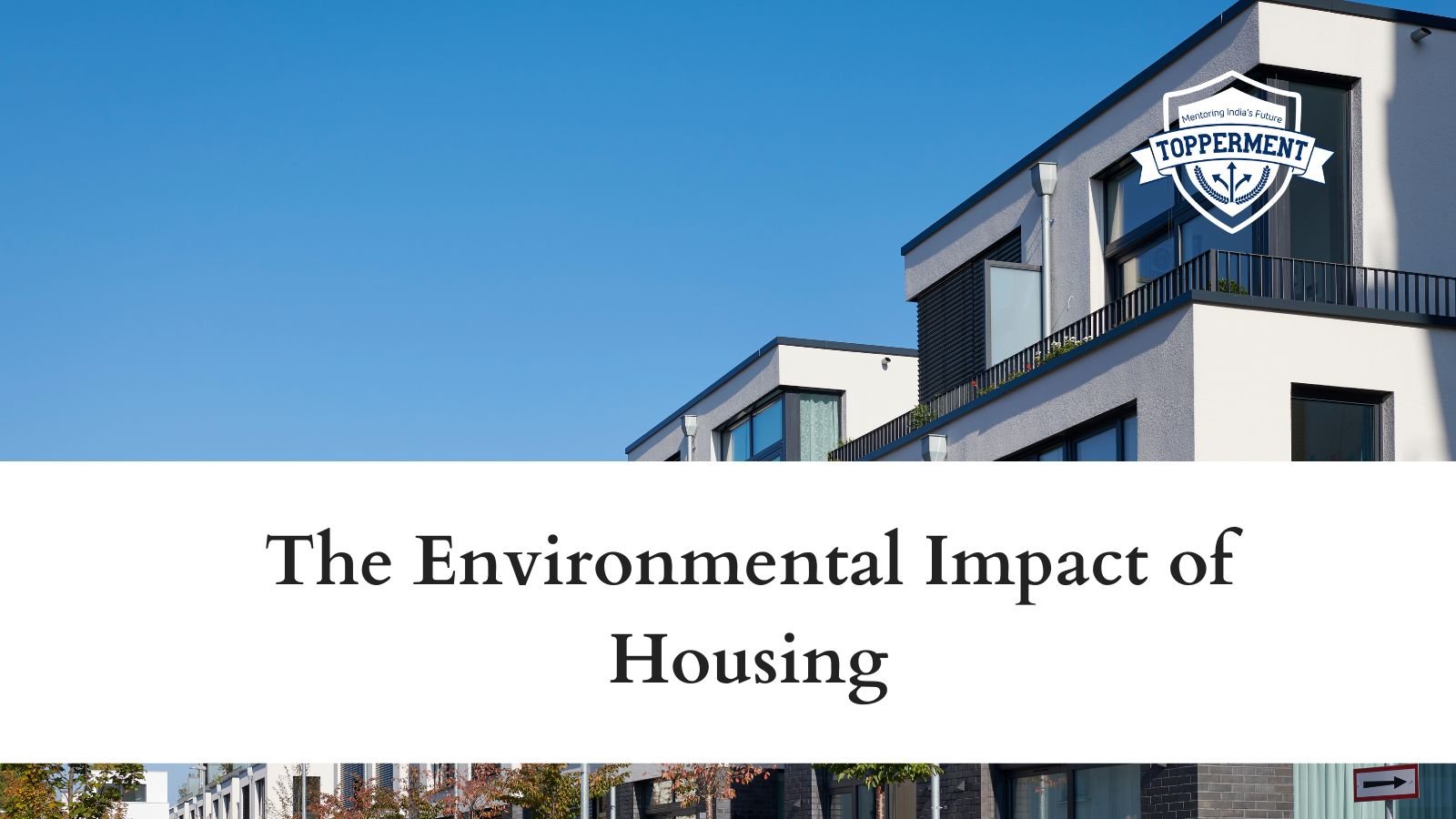The housing sector is one of the major contributors to environmental degradation. As the world population continues to increase, there is a growing demand for housing, which leads to an increase in energy consumption, water usage, and waste generation. The following are the effects of housing on the environment
Energy Consumption:
Housing is a major consumer of energy, and the majority of this energy comes from non-renewable sources such as coal and oil. Energy consumption in housing is mostly for heating, cooling, lighting, and powering appliances. This consumption leads to the release of greenhouse gases, which contribute to climate change.
Water Usage:
Housing consumes a significant amount of water, and this usage has increased significantly over the years. Water usage in housing is mostly for household purposes such as bathing, washing clothes, and cooking. The high water consumption has led to the depletion of water resources, which has adverse effects on the environment.
Waste Generation:
Housing generates a lot of waste, and this waste includes organic and inorganic waste. Organic waste includes food waste, while inorganic waste includes plastics and other non-biodegradable materials. The improper disposal of waste leads to land pollution, water pollution, and air pollution.
Deforestation:
The construction of housing requires a lot of land, and this has led to the destruction of natural habitats such as forests. Deforestation has adverse effects on the environment, including soil erosion, loss of biodiversity, and climate change.
Urban Heat Island:
The construction of housing leads to the creation of urban heat islands. An urban heat island is a phenomenon where urban areas are significantly warmer than the surrounding rural areas. This phenomenon is due to the absorption and retention of heat by the built environment.
The housing sector has a significant impact on the environment. Therefore, there is a need to develop sustainable housing practices that minimize the negative effects on the environment. Sustainable housing practices include the use of renewable energy sources, efficient water usage, waste reduction, and the use of environmentally friendly building materials.
Also Read
- The Impact of Tourism on the Environment | UPSC Environment
- The Impact On Transporting On Environment | UPSC Environment
Follow Us For More Content On:
https://www.instagram.com/topperment/
Tag:Deforestation, Energy Consumption, Environment, IAS, IFS, India, IPS, IRS, Rural Areas, UPSC, Urban Heat, Waste Generation, Water Usage


